By: Marjorie Rand
When a parent can no longer care for oneself, the family often considers the option of hiring a home health aide so their parent can stay in their home. Hiring home health aides has become very common with the aging of the baby boomer generation. There are two options: hiring an individual home health aide or hiring through a home care agency. Knowing the tax compliance and insurance coverage requirements is critical in weighing the options.
When an individual is hired as a home health aide, the IRS and state tax authorities consider that person a household employee. Hiring an individual requires going through the IRS Employment Eligibility Verification process to ensure the candidate can legally work in the United States. The employer is also responsible for paying payroll taxes, such as federal unemployment tax, Social Security and Medicare taxes, and state-mandated withholding taxes. Federal and state income taxes must be withheld from the employee’s paychecks, so it is necessary for the new employee to complete Form W-4 and keep it on file. Tax return filing requirements include annual federal and state payroll tax returns, as well as the issuance of Form W-2 to the employee. IRS Publication 926 provides guidance on the filing requirements with a useful tax compliance checklist. Every household employer should rely on this publication to ensure proper compliance with the tax laws. In addition to tax compliance requirements, all states require the employer to provide workers’ compensation insurance coverage for their household employees.
All too often, families hire an individual and pay them under the table, in an attempt to avoid the red tape and cost of insurance and taxes, but they do so at their own peril. There are severe financial consequences for non-compliance. For example, normally an employer pays half of the FICA and withholds the other half from the employee’s wages. If no taxes are withheld, the employer is responsible for paying the other half that was not withheld. Additionally, the IRS and state taxing authorities will impose penalties for failure to file and failure to pay, as well as interest, on the delinquent taxes due. To make matters even worse, the IRS may also assess accuracy-related penalties and underpayment penalties. In New Jersey, the penalty for failure to provide workers’ compensation coverage is $5,000 per day for the first ten days and up to $5,000 for each additional ten-day period of failure to insure thereafter. Clearly, the costs of non-compliance are not worth it.
One way to avoid all of this red tape is to hire a health aide through a home care agency. The tax return filing requirements, background checks and insurance requirements are the agency’s responsibility because the agency is the aide’s employer. So hiring an aide through an agency shifts the burden from the family to the agency. The home care agency option may be more expensive, but the family does not have the tax compliance and insurance coverage burdens and can focus instead on matters more important to them.


